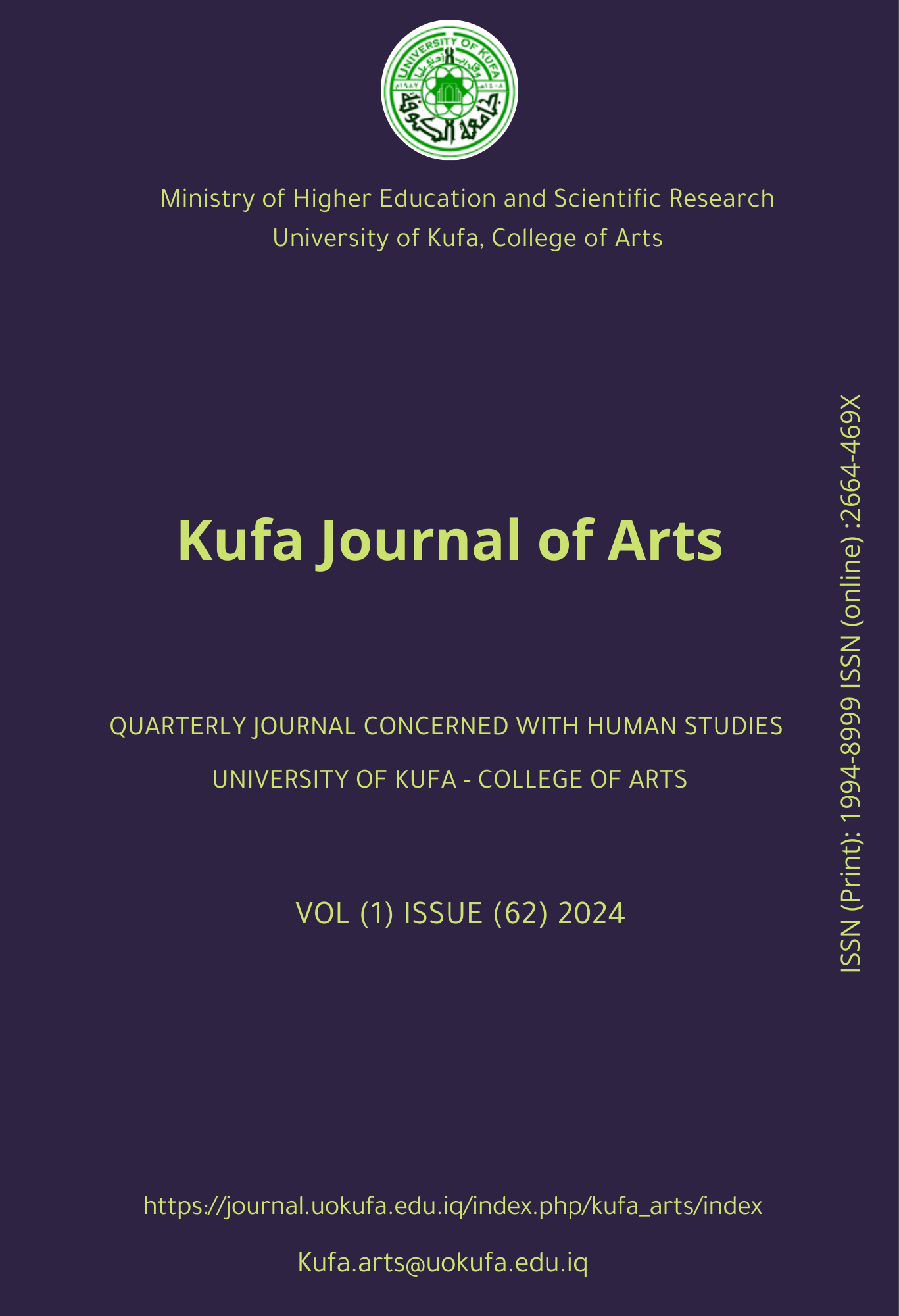Abstract
Considering the importance of learning conversational Arabic and its place for graduates of Arabic language and literature, this article attempts to identify the factors that affect learning conversational Arabic for senior students of Arabic. Studying the conversation in the content of higher education courses, the teaching method of professors, the scientific ability of professors in this field and the degree of motivation in learning conversational Arabic among senior students. After identifying the factors, recording the role of each of them to achieve this goal, the survey method was used. The research questionnaire was distributed to the Arabic language student community in Isfahan city according to the population distribution, and its results were evaluated by AHP. The results showed that the factors affecting the lack of mastery of Arabic graduates in conversation, the incompatibility of educational content with learning conversation, and the incompatibility of educational method with learning conversation. The lack of use of the teaching potential of teachers in this field in teaching conversation and the lack of motivation and effort among adult students in learning Arabic conversation can be classified into four factors: educational content, teaching method, and motivation of faculty members and students. The results of the statistical population survey in the research show that they believe that the educational curriculum factor, the teachers' ability factor, the students' motivation factor, and the educational content factor are effective in learning and mastering the conversation of adult Arabic graduates... The accuracy of the aforementioned results was evaluated by calculating the conversational ability of students with high, medium, and weak ability with the help of the weights obtained and comparing it with the score given by the students to the degree of conversational mastery. The results of this evaluation show that the statistical community of the study believes that teaching Arabic
Keywords
Arabic Language
educational curriculum
Learning motivation
literary conversation
text content
Abstract
بالنظر إلى أهمية تعلم اللغة العربية التحادثية ومكانها لخريجي اللغة العربية وآدابها ، تحاول هذه المقالة تحديد العوامل التي تؤثر على تعلم المحادثة العربية لكبار طلاب اللغة العربية. دراسة المحادثة في محتوى دورات التعليم العالي ، وطريقة التدريس للأساتذة ، والقدرة العلمية للأساتذة في هذا المجال ودرجة الدافع في تعلم محادثة هذه اللغة بين كبار الطلاب. وبعد التعرف على العوامل ، قم بتسجيل دور كل منها لتحقيق هذا الهدف ، تم استخدام طريقة المسح. تم توزيع الاستبانة البحثية على مجتمع الطلاب اللغة العربية في مدينة أصفهان من خلال التوزيع السكاني ، وتم تقييم نتائجها من قبل AHP. أظهرت النتائج أن العوامل المؤثرة في عدم إتقان خريجي اللغة العربية في المحادثة وعدم توافق المحتوى التعليمي مع تعلم المحادثة وعدم توافق الطريقة التعليمية مع تعلم المحادثة. يمكن تصنيف عدم استخدام الإمكانات التعليمية للأساتذة في هذا المجال في تدريس المحادثة وقلة الحافز والجهد بين الطلاب الكبار في تعلم المحادثة العربية إلى أربعة عوامل: المحتوى التعليمي ، وطريقة التدريس ، وتحفيز أعضاء هيئة التدريس والطلاب تظهر نتائج استبيان السكان الإحصائيين في البحث أنهم يعتقدون أن عامل المنهج التعليمي ، وعامل قدرة المعلمين ، وعامل تحفيز الطلاب ، وعامل المحتوى التعليمي ، فعال في التعلم وإتقان محادثة خريجي اللغة العربية الكبار... تم تقييم دقة النتائج المذكورة عن طريق حساب قدرة المحادثة للطلاب ذوي القدرة العالية والمتوسطة والضعيفة بمساعدة الأوزان التي تم الحصول عليها ومقارنتها مع الدرجة التي أعطاها الطلاب لدرجة إتقان المحادثة. تظهر نتائج هذا التقييم أن المجتمع الإحصائي للدراسة يعتقد أن تدريس اللغة العربية
Keywords
دافع التعلم، اللغة العربية، المنهج التعليمي، محتوى النص، المحادثة الأدبية
